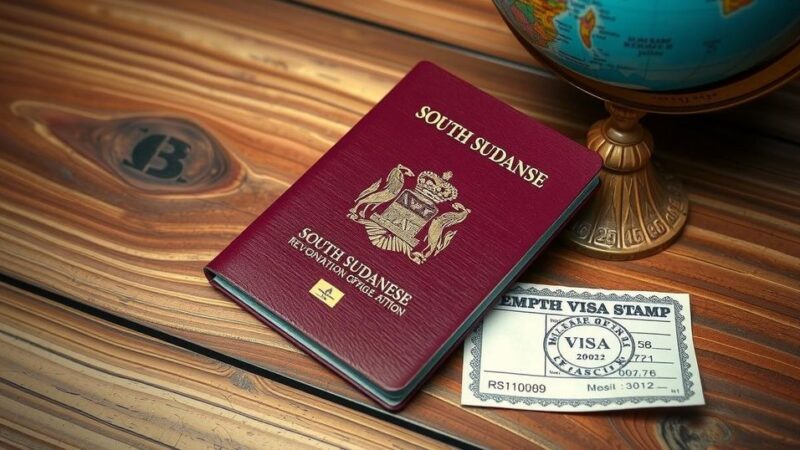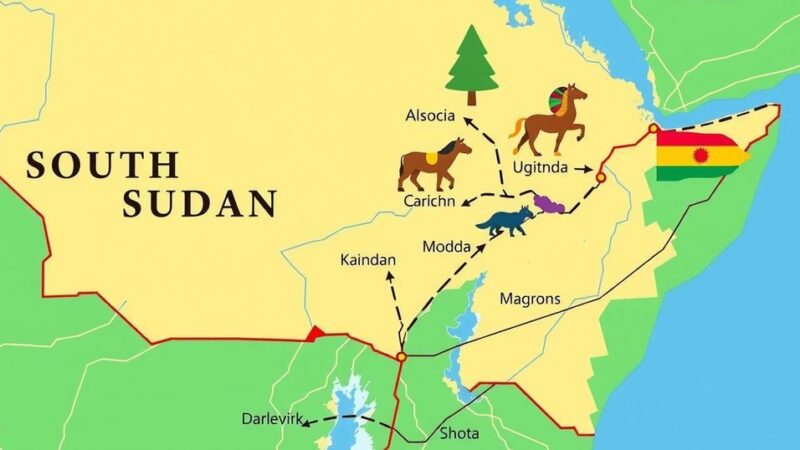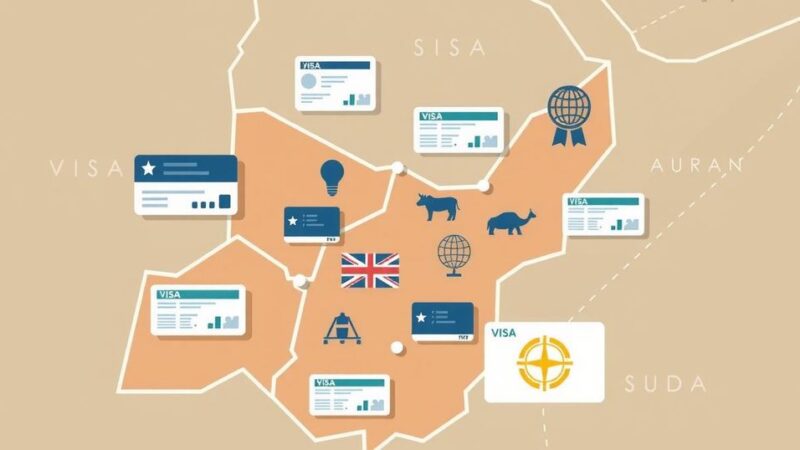The M23 rebels announced plans to send a delegation to peace talks with the DRC government in Luanda, Angola, beginning Tuesday. The DRC’s government has consented to participate in discussions, marking an important change in its stance. The aim is to mediate a ceasefire amid escalating violence attributed to both local and regional tensions over resources and historical conflicts.
The M23 rebels, supported by Rwanda, announced on Monday their intention to dispatch a delegation to peace talks with the government of the Democratic Republic of the Congo (DRC), which will commence on Tuesday in Luanda, Angola. Lawrence Kanyuka, spokesperson for the AFC rebel alliance encompassing the M23, confirmed that a five-member team will travel to Luanda at the request of Angolan authorities.
The DRC government, led by President Felix Tshisekedi, has indicated its willingness to send representatives to these talks, thereby reversing a previous stance against negotiating with the M23. The Angolan government is seeking to mediate a sustainable ceasefire and reduce tensions between the DRC and Rwanda. The United Nations and other entities have flagged ongoing military support from Rwanda to the M23 group.
The ongoing conflict stems from the aftermath of Rwanda’s 1994 genocide and competition over DRC’s extensive mineral wealth. This year has seen a significant escalation in violence, with M23 capturing territory it had not previously held, including two major eastern cities. According to DRC officials, the continuing violence has led to approximately 7,000 fatalities since January and displaced over 600,000 individuals since last November, as reported by the UN humanitarian affairs office.
The M23’s participation in peace talks signifies a potential shift in the ongoing conflict dynamics within the DRC. The willingness of the DRC government to engage in negotiations indicates an evolving approach to what has been a long-standing issue. The mediation efforts by Angola are critical in addressing the root causes and improving humanitarian conditions for the affected populations.
Original Source: www.timeslive.co.za






